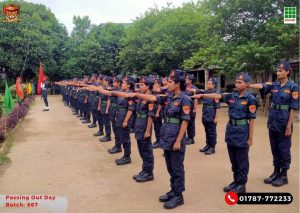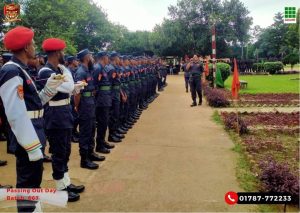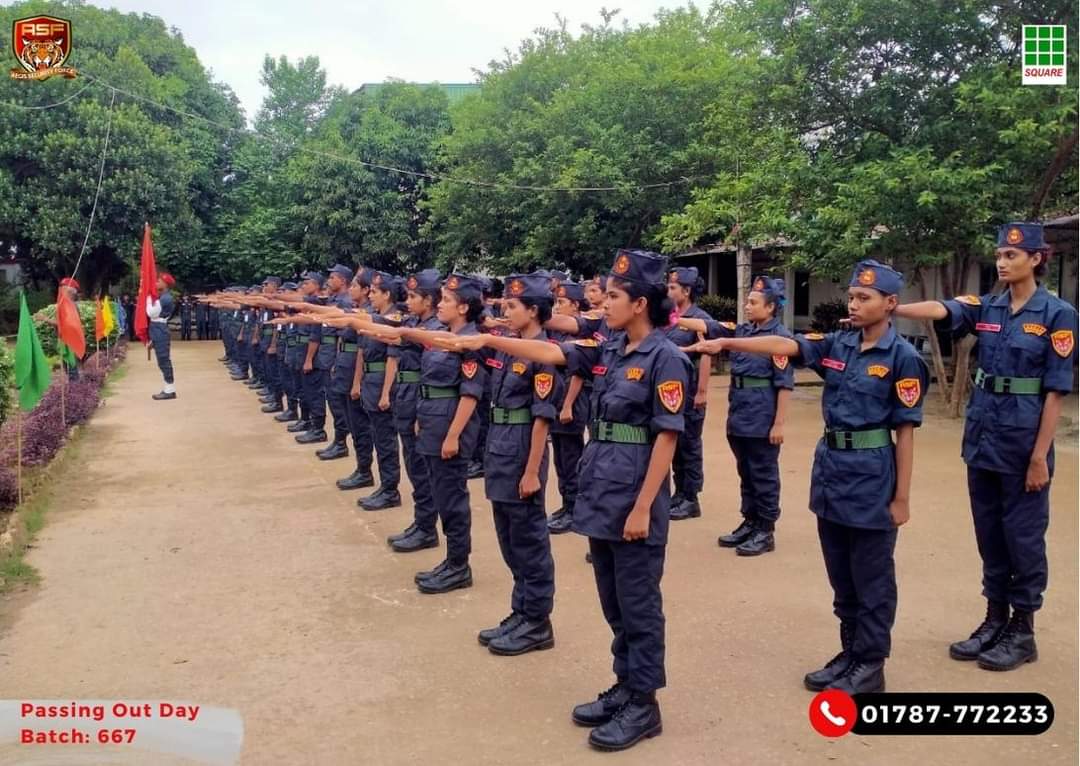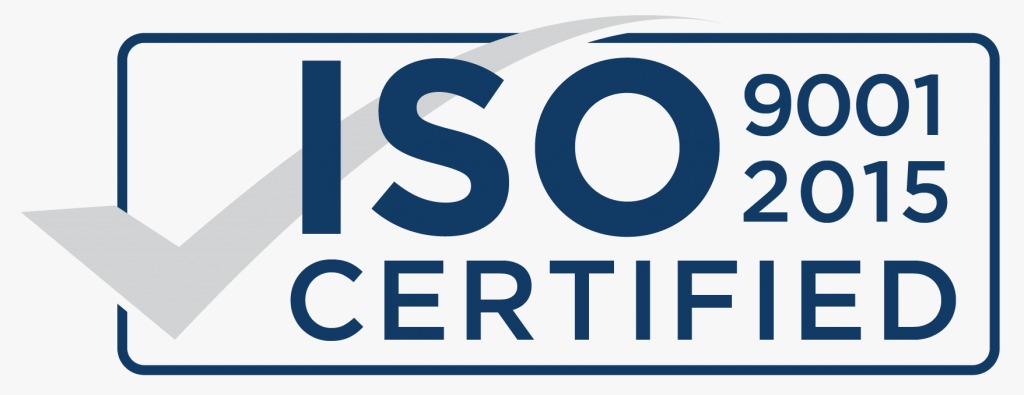In an ever-evolving world where safety and security have become paramount, the types of security guard services have taken center stage. Beyond the traditional image of uniformed personnel patrolling premises, today’s security guard services encompass diverse specialized roles tailored to address unique security challenges. From protecting bustling commercial establishments to securing high-profile events and providing personal safety, the landscape of security services has transformed remarkably.
This blog post will delve into security guard services, uncovering the distinct types that have emerged to safeguard our homes, businesses, and communities.
Security guard services encompass a range of roles and responsibilities, each tailored to meet specific security needs. Here are some common types of security guard services:

Types of Security Guard Services
Unarmed Security Guards: These guards do not carry firearms and are typically responsible for patrolling designated areas, monitoring surveillance cameras, checking identification, and reporting suspicious activities.
Armed Security Guards: Armed guards are licensed to carry firearms and are usually deployed in situations where a higher level of security is required, such as protecting valuable assets or providing security at events with potential risks.
Mobile Patrol Guards: These guards use vehicles to conduct patrols of a larger area, making rounds to various locations and responding to alarms or incidents as needed. Mobile patrols are especially useful for covering extensive properties like industrial sites or residential complexes.
Static Guards: Static guards are stationed at specific entry points or checkpoints, where they control access, check credentials, and monitor individuals entering or leaving a premises.
Concierge/Reception Security: Guards in these roles are responsible for welcoming visitors, managing access to a building, providing information, and ensuring the overall safety and security of the premises.
Event Security: Event security guards are hired to provide security and crowd management services during concerts, conferences, festivals, and sporting events. They help maintain order, handle emergencies, and ensure the safety of attendees.

Retail Security: Retail security guards work in stores and shopping centers, deterring theft, monitoring surveillance systems, and assisting in managing incidents related to shoplifting or unruly customers.
Residential Security: Residential security guards are stationed in gated communities, apartment complexes, or private residences to control access, monitor the property, and provide a visible presence to deter potential threats.
Executive Protection: Also known as close protection officers or bodyguards, these guards provide security to high-profile individuals, celebrities, politicians, and executives. Their role involves ensuring the safety and privacy of their clients in various settings.
Loss Prevention Officers: These guards work in retail environments and are tasked with preventing theft, shoplifting, and employee fraud. They monitor surveillance systems, conduct undercover operations, and apprehend suspects if necessary.
Industrial Security: Guards in industrial settings like factories and warehouses ensure the security of valuable assets, equipment, and sensitive information. They also maintain safety protocols to prevent accidents.
Healthcare Security: Security guards in healthcare facilities like hospitals and clinics help maintain order, protect staff and patients, and handle situations involving disruptive individuals or potential threats.
Transportation Security: Guards in this sector protect transportation hubs, such as airports, train stations, and bus terminals. They help screen passengers, monitor luggage, and ensure the safety of travelers.
Specialized Security Services: Depending on specific needs for specialized security services, such as maritime security for ships and ports, cybersecurity professionals protecting digital assets, and more.
Types of Security guards training
Security Force like Aegis Security Forces(ASF) goes through rigorous training consisting about different phases.
- Initial training
- Basic training
- Specialized training
Trainings like physical fitness training and drilling, Karate/ self-defense training, Organizational behavior and communication skill, Basic and advanced knowledge on security service, Training on security equipment, Firefighting training, VIP escort training
As of now, you’ve got the roles, responsibilities, and specialized training required for each category of security guards. Whether you’re a business owner seeking to fortify your premises, an event organizer needing crowd control, or simply curious about security guards’ diverse roles, this exploration will offer insights into the crucial world of modern security services.
It’s important to note that the roles and responsibilities of security guards may vary based on local regulations, industry standards, and the specific needs of the clients they serve.
Security guard forces are dedicated to providing reliable, efficient, cost-effective security solutions for an event, corporate or personal requirement. Additionally, Private and Public events from terrorist attacks, theft, or intrusion. Hostile crowd control. Event Security, Armed Escort, foot Patrols, Close Protection, Bodyguards, etc






Leave A Comment